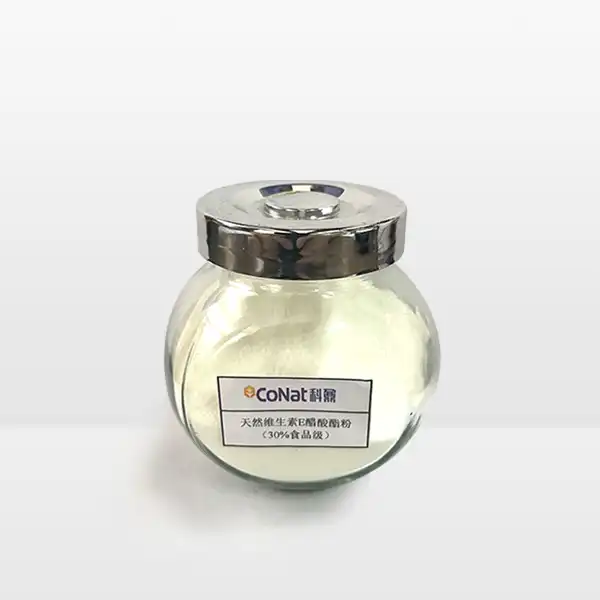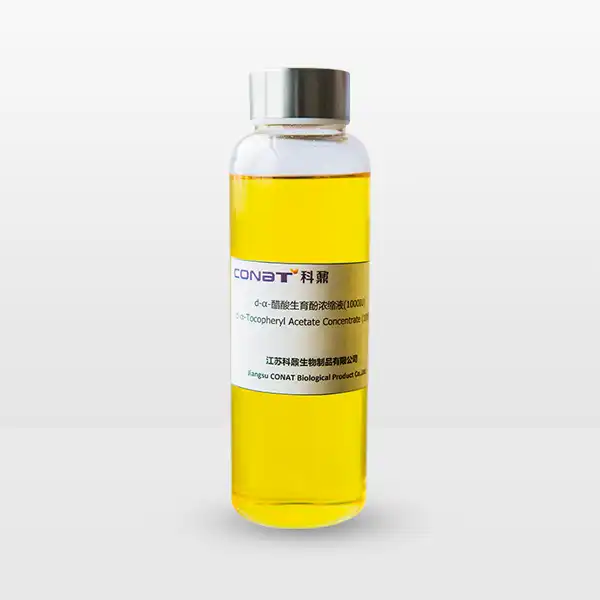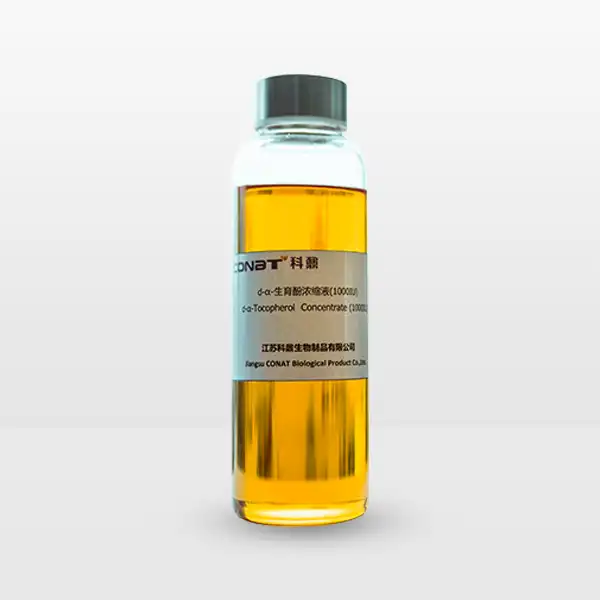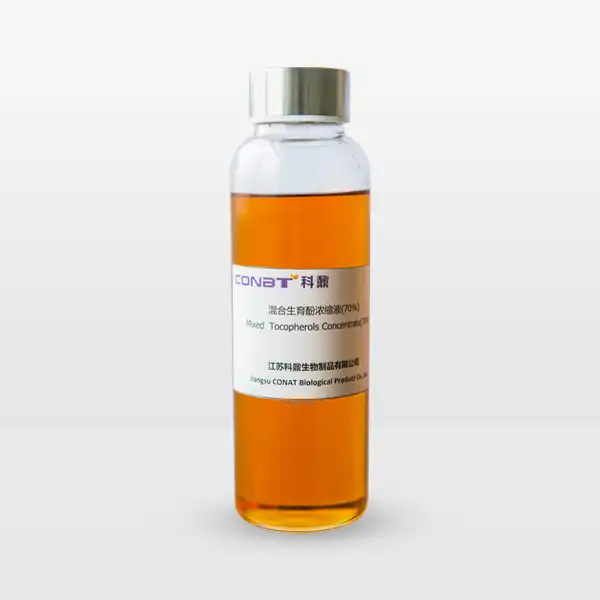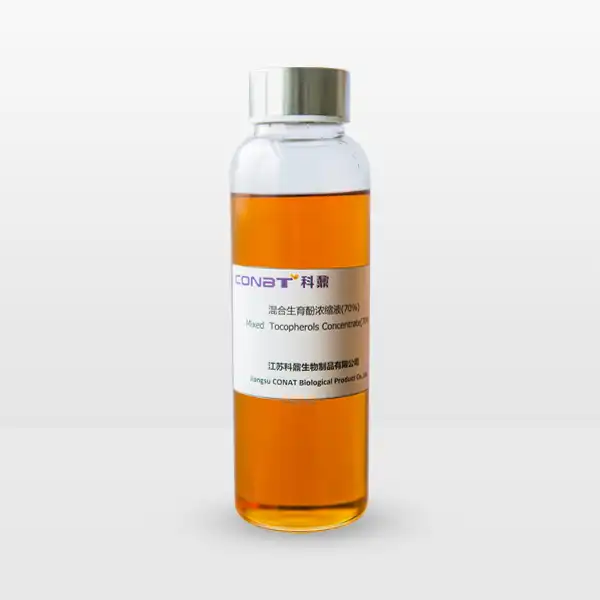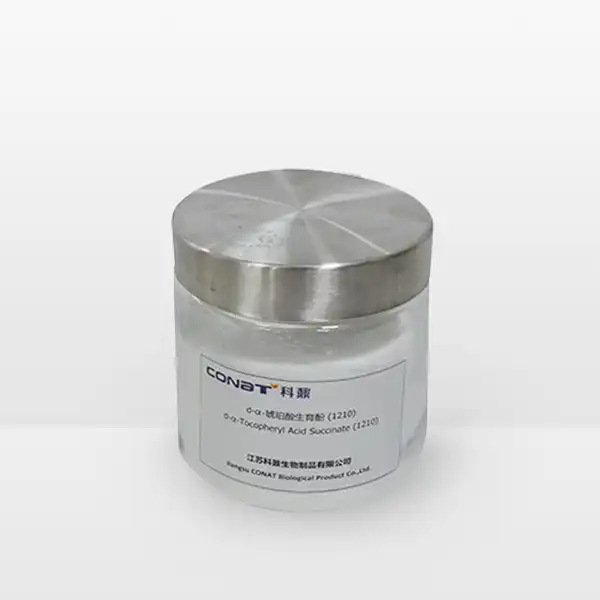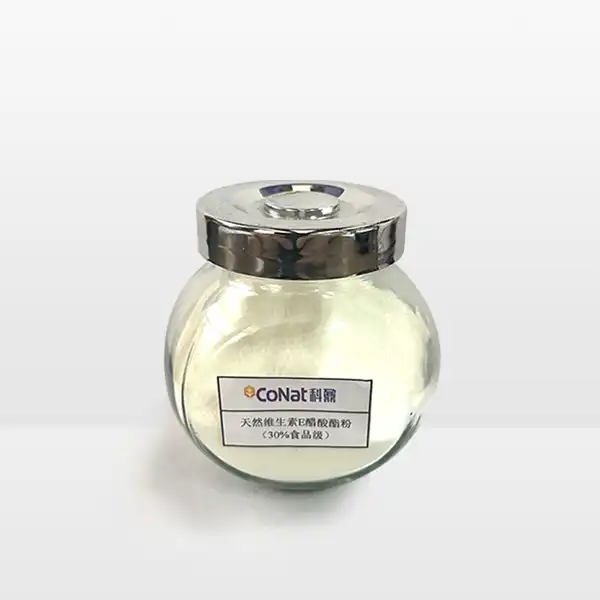- English
- French
- German
- Portuguese
- Spanish
- Russian
- Japanese
- Korean
- Arabic
- Greek
- German
- Turkish
- Italian
- Danish
- Romanian
- Indonesian
- Czech
- Afrikaans
- Swedish
- Polish
- Basque
- Catalan
- Esperanto
- Hindi
- Lao
- Albanian
- Amharic
- Armenian
- Azerbaijani
- Belarusian
- Bengali
- Bosnian
- Bulgarian
- Cebuano
- Chichewa
- Corsican
- Croatian
- Dutch
- Estonian
- Filipino
- Finnish
- Frisian
- Galician
- Georgian
- Gujarati
- Haitian
- Hausa
- Hawaiian
- Hebrew
- Hmong
- Hungarian
- Icelandic
- Igbo
- Javanese
- Kannada
- Kazakh
- Khmer
- Kurdish
- Kyrgyz
- Latin
- Latvian
- Lithuanian
- Luxembou..
- Macedonian
- Malagasy
- Malay
- Malayalam
- Maltese
- Maori
- Marathi
- Mongolian
- Burmese
- Nepali
- Norwegian
- Pashto
- Persian
- Punjabi
- Serbian
- Sesotho
- Sinhala
- Slovak
- Slovenian
- Somali
- Samoan
- Scots Gaelic
- Shona
- Sindhi
- Sundanese
- Swahili
- Tajik
- Tamil
- Telugu
- Thai
- Ukrainian
- Urdu
- Uzbek
- Vietnamese
- Welsh
- Xhosa
- Yiddish
- Yoruba
- Zulu
Are Pure Phytosterol Particles Safe to Consume?
Pure phytosterol particles have gained significant attention in the health and wellness community as natural compounds found in plants that offer potential health benefits, particularly in managing cholesterol levels. These plant-derived substances, structurally similar to cholesterol, have been extensively studied for their safety and efficacy in human consumption. As more people turn to natural alternatives for managing their health, understanding the safety profile of pure phytosterol particles becomes increasingly important for both consumers and healthcare providers. Recent research has highlighted their remarkable safety profile when consumed within recommended doses, with minimal reported adverse effects in long-term studies. The growing body of evidence supporting their safety has led to their incorporation into various functional foods and dietary supplements, making them increasingly accessible to consumers worldwide.
What Are the Benefits of Taking Pure Phytosterol Supplements?
Plant sterols, or phytosterols, have emerged as powerful allies in the quest for better cardiovascular health. Scientific research consistently demonstrates their remarkable ability to reduce LDL cholesterol levels, often referred to as "bad" cholesterol. When consumed regularly, pure phytosterol particles work by competing with cholesterol for absorption in the digestive system, effectively reducing the amount of cholesterol that enters the bloodstream. This natural mechanism has been shown to lower LDL cholesterol levels by 8-10% when consumed at recommended doses.
Beyond their cholesterol-lowering properties, phytosterols exhibit impressive anti-inflammatory and antioxidant properties. These characteristics make them valuable contributors to overall cellular health and immune system function. Regular consumption of phytosterol supplements has been associated with improved arterial health, reduced risk of cardiovascular disease, and enhanced immune system response. Studies have also suggested potential benefits in supporting prostate health and maintaining healthy blood sugar levels.
Furthermore, pure phytosterol supplements have demonstrated promising results in supporting skin health and barrier function. Their anti-inflammatory properties may help reduce skin irritation and promote healing, while their ability to regulate cellular function contributes to maintaining healthy skin structure. This multi-faceted approach to health support makes phytosterol supplements particularly attractive for those seeking natural ways to maintain their overall wellbeing.
Recent research has uncovered additional benefits of phytosterol supplementation that extend beyond cardiovascular health. Studies indicate that phytosterols may play a role in supporting cognitive function and brain health through their anti-inflammatory mechanisms. The compounds have shown promise in reducing neuroinflammation and potentially protecting against age-related cognitive decline. Additionally, emerging evidence suggests that phytosterols may contribute to bone health by supporting proper calcium absorption and bone mineral density maintenance. These findings expand the potential applications of phytosterol supplementation and highlight their versatility in promoting overall health.
Clinical investigations have also revealed that phytosterols may possess cancer-protective properties, particularly in relation to hormone-dependent cancers. While more research is needed, preliminary studies suggest that these compounds might help regulate cell growth and differentiation, potentially reducing the risk of certain types of cancer. The interaction between phytosterols and the immune system has been further elucidated, showing that these compounds may enhance natural killer cell activity and improve overall immune surveillance.
How Much Phytosterol Should You Take Daily for Best Results?
Determining the optimal dosage of phytosterols is crucial for achieving desired health benefits while maintaining safety. According to extensive clinical research and regulatory guidelines, the recommended daily intake of phytosterols ranges from 1.5 to 3 grams per day, divided into multiple doses. This dosage has been consistently shown to produce significant cholesterol-lowering effects without causing adverse reactions in most individuals.
The timing and method of consumption play vital roles in maximizing the benefits of phytosterol supplements. Research indicates that taking phytosterols with meals containing some dietary fat can enhance their absorption and effectiveness. This is because Pure Phytosterol Particles work primarily in the digestive system, where they compete with cholesterol for absorption. Spreading the daily dose across multiple meals, rather than taking it all at once, may improve its cholesterol-lowering efficacy.
Individual factors such as current cholesterol levels, overall health status, and concurrent medication use should be considered when determining the optimal dosage. Healthcare providers often recommend starting with a lower dose and gradually increasing it while monitoring cholesterol levels and any potential effects. This personalized approach ensures that individuals receive the maximum benefit from their phytosterol supplementation while maintaining safety and comfort.
Recent research has identified specific populations that may benefit from modified dosing strategies. For instance, individuals with familial hypercholesterolemia might require higher doses, while those with certain genetic variations affecting sterol absorption may need adjusted dosages. Age-related factors also influence optimal dosing, with evidence suggesting that older adults may achieve beneficial effects with slightly lower doses due to changes in metabolism and absorption patterns.
The form of phytosterol supplementation can significantly impact its effectiveness. Studies comparing different delivery methods have shown that microencapsulated or emulsified forms may offer superior bioavailability compared to traditional supplements. Additionally, the combination of phytosterols with other natural compounds, such as omega-3 fatty acids or soluble fiber, may produce synergistic effects, potentially allowing for lower effective doses while maintaining beneficial outcomes.
How Long Does It Take for Phytosterols to Lower Cholesterol?
The timeline for experiencing the cholesterol-lowering effects of phytosterols varies among individuals, but research provides some general guidelines. Most studies indicate that significant reductions in LDL cholesterol levels can be observed within 2-3 weeks of consistent phytosterol supplementation at recommended doses. However, the full effect typically manifests after 4-6 weeks of regular use.
Consistency in supplementation is key to achieving and maintaining desired results. Long-term studies have shown that the cholesterol-lowering effects of phytosterols remain stable as long as supplementation continues. This suggests that Pure Phytosterol Particles can be an effective part of a long-term strategy for managing cholesterol levels when combined with a healthy diet and lifestyle.
The speed and magnitude of cholesterol reduction can be influenced by various factors, including initial cholesterol levels, diet, physical activity, and individual metabolism. Some individuals may experience more rapid results, while others might require longer periods to achieve their target cholesterol levels. Regular monitoring of cholesterol levels can help track progress and adjust supplementation strategies as needed.
Environmental factors and lifestyle choices can significantly impact the effectiveness of phytosterol supplementation. Maintaining a heart-healthy diet, regular exercise routine, and healthy weight can enhance the cholesterol-lowering effects of phytosterols. Additionally, avoiding excessive alcohol consumption and tobacco use while taking phytosterol supplements can help optimize their benefits.
Recent longitudinal studies have provided valuable insights into the long-term effectiveness of phytosterol supplementation. Data from these studies suggest that the cholesterol-lowering benefits may actually increase over time in some individuals, possibly due to improved gut adaptation and enhanced sterol metabolism. Furthermore, research has identified certain dietary patterns that may amplify the effects of phytosterols, such as the Mediterranean diet or plant-based eating patterns.
The importance of proper monitoring during phytosterol supplementation has been increasingly recognized. Beyond tracking cholesterol levels, healthcare providers now recommend monitoring fat-soluble vitamin levels in long-term users, as Pure Phytosterol Particles may affect their absorption. This comprehensive approach to monitoring ensures optimal safety and effectiveness while allowing for timely adjustments to supplementation strategies when needed.
Understanding the role of genetic factors in phytosterol response has advanced significantly. Research has identified several genetic variants that may influence how quickly and effectively individuals respond to phytosterol supplementation. This knowledge has led to more personalized approaches in determining expected response times and optimal dosing strategies, potentially improving outcomes for users of phytosterol supplements.
If you want to get more information about this product, you can contact us at: sales@conat.cn.
References
1. European Food Safety Authority (EFSA). "Scientific Opinion on the substantiation of health claims related to plant sterols and plant stanols." EFSA Journal, 2020.
2. American Heart Association. "Phytosterols, Phytostanols and Heart Disease." Circulation, 2023.
3. Journal of Nutrition. "Plant Sterols and Blood Cholesterol Levels: A Comprehensive Review." 2022.
4. Clinical Nutrition Research. "Safety and Efficacy of Plant Sterol Supplementation." 2023.
5. International Journal of Molecular Sciences. "Phytosterols: From Preclinical Evidence to Clinical Translation." 2021.
6. Advances in Nutrition. "Plant Sterols in Human Health: Current Status and Future Directions." 2023.
7. Food and Chemical Toxicology. "Safety Assessment of Phytosterol Supplements." 2022.
8. European Journal of Clinical Nutrition. "Long-term Effects of Plant Sterol Consumption." 2021.
9. Journal of the Academy of Nutrition and Dietetics. "Dietary Guidelines for Phytosterol Supplementation." 2023.
10. British Journal of Nutrition. "Optimization of Plant Sterol Delivery for Cholesterol Management." 2022.
YOU MAY LIKE
